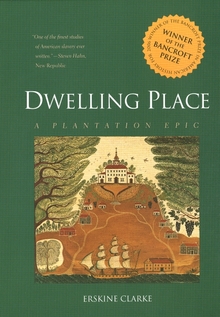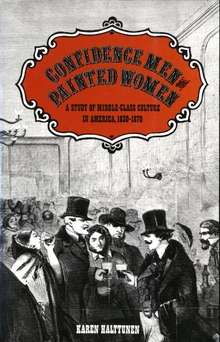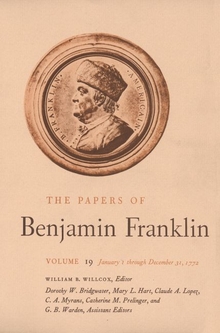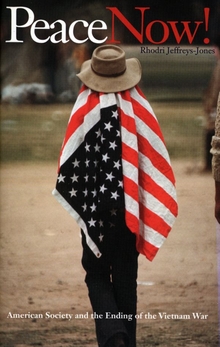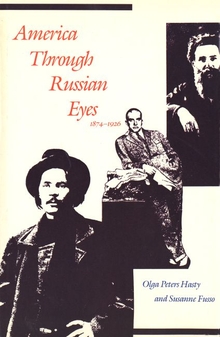Dwelling Place
WARNING
You are viewing an older version of the Yalebooks website. Please visit out new website with more updated information and a better user experience: https://www.yalebooks.com
A Plantation Epic
Erskine Clarke
An intimate view of plantation family life from the “big house” and from the slave cabins
Published some thirty years ago, Robert Manson Myers’s Children of Pride: The True Story of Georgia and the Civil War won the National Book Award in history and went on to become a classic reference on America’s slaveholding South. That book presented the letters of the prominent Presbyterian minister and plantation patriarch Charles Colcock Jones (1804–1863), whose family owned more than one hundred slaves. While extensive, these letters can provide only one part of the story of the Jones family plantations in coastal Georgia. In this remarkable new book, the religious historian Erskine Clarke completes the story, offering a narrative history of four generations of the plantations’ inhabitants, white and black. Encompassing the years 1805 to 1869, Dwelling Place: A Plantation Epic describes the simultaneous but vastly different experiences of slave and slave owner. This “upstairs-downstairs” history reveals in detail how the benevolent impulses of Jones and his family became ideological supports for deep oppression, and how the slave Lizzy Jones and members of her family struggled against that oppression. Through letters, plantation and church records, court documents, slave narratives, archaeological findings, and the memory of the African-American community, Clarke brings to light the long-suppressed history of the slaves of the Jones plantations—a history inseparably bound to that of their white owners.
Erskine Clarke is professor of American religious history, Columbia Theological Seminary.
"Erskine Clarke's narrative of more than three generations of interlocking and enslaving familes in Liberty County, Georgia, is epic in its scope and mastery. With extensively detailed research and evocatively restrained writing, Dwelling Place is one of the best books ever on what it meant in day-to-day terms to be slaves and slave masters in the antebellum South."—Mark Noll, University of Notre Dame, author of America's God, from Jonathan Edwards to Abraham Lincoln
"[An] engrossing nineteenth-century account of slaves and their masters. This true story of the residents on plantations in coastal Georgia's Liberty County from 1805 to 1869 reads like a novel. Though you'll meet many fascinating real-life characters in Clarke's antebellum page-turner, you'll be especially drawn to willful Phoebe Anderson Jones. . . . You'll be riveted by Clarke's vivid and provocative account of her life and the lives of other Black folks whose stories unfold between the covers of this must-read."—Nazenet Habtezghi, Essence
"Slaveholders in antebellum Georgia, Charles Colcock Jones and his family have been expertly studied before (in Robert Manson Myers's 1972 National Book Award winner, Children of Pride). But Clarke digs further into the primary sources, meticulously tracing the intertwined stories of enslaved and enslavers, the latter aware of their sins as oppressors yet ultimately unable to renounce their way of life. With building power, a multigenerational chronicle of heartbreak unfolds in white and black."—Library Journal (Best books of 2005)
"Epic in the depth and sweep of its scholarship and the force and beauty of its writing. . . . The book grips the reader much as did Gone with the Wind, except in this real-life telling, the slaves’ perspectives get full and honest play. So, too, do the tragic ironies of religious masters oppressing slaves and of slaves seizing on their masters’ professions of piety to resist oppression. No one else has so deeply probed the everyday worlds that masters and slaves made together. A work of astonishing power; highly recommended."—Library Journal
“Powerful. . . . [A] beautifully conceived and penetrating book. . . . Clarke has now produced one of the finest studies of American slavery ever written. His achievement is owed to many years of research, to serious reflection about the social dynamics of slave societies, and to a determination that his narrative really be a history of ‘two peoples living together.’”—Steven Hahn, New Republic
"Epic in its scope and mastery. . . . With extensively detailed research and evocatively restrained writing, Dwelling Place is one of the best books ever on what it meant in day-to-day terms to be slaves and slave masters in the antebellum South."—Mark Noll, University of Notre Dame, author of America's God, from Jonathan Edwards to Abraham Lincoln
“This is a work of grand sweep and great power. In a form that reads like a novel, Erskine Clarke tells the stories of four generations of wealthy white planters and their slaves and the extraordinarily complex ways in which these two communities interacted. It is a multigenerational tale of black and white, told in a grand narrative style.”—Dan T. Carter, University of South Carolina
“In this masterful composite biography, Erskine Clarke—an uncommonly gifted historian—portrays a broad swath of southern history. It is a work of both consummate scholarship and great literary flair. It is long, but one doesn’t want it to end. I absolutely loved reading this book.”—John Boles, Rice University
Winner of the 2006 Bancroft Prize sponsored by Columbia University.
Winner of the 2006 Malcolm
Publication Date: April 28, 2007
25 b/w illus.

